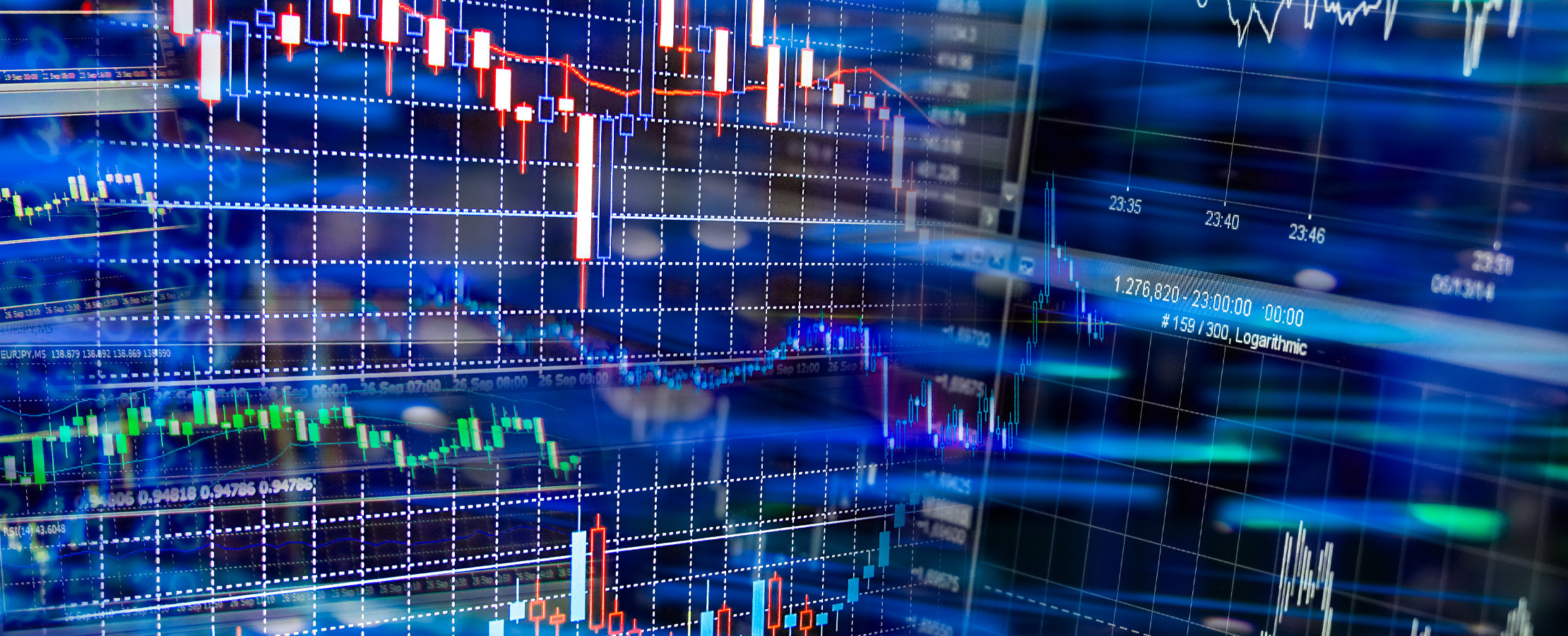Energy Crisis: Temporary Blip Or Prelude To Series Of Global Shocks?
Today's energy market volatility may be more than a short-term crisis in response to the pandemic, but rather the first of a series of energy shocks that could ripple across industries and global markets, leading energy market authorities warned.
Pulitzer Prize winner Dan Yergin told delegates at the IEF Gas Market Dialogue on 28 October that he was deeply concerned about "pre-emptive underinvestment" in global energy supplies, driven by policies designed to reverse climate change and investor hesitancy with regards to fossil fuels.
"What happens if what we're seeing now is not a one-off event, but we're going to have a series of these events because of this preemptive underinvestment going into energy resources, and, in particular, into LNG, into natural gas, which has such an important role?" said Mr Yergin, who is also Vice Chairman of leading energy research firm IHS Markit and Chairman of CERAWeek, an industry conference.
Many believe that the recent record high natural gas prices are "simply the leading horse" of a wider energy crisis, said Charif Souki, Executive Chairman of the Board of Tellurian Inc, a US-based natural gas producer.
The World Bank's latest Commodity Markets Outlook forecasts that natural gas and coal prices are expected to be more than 80 percent higher, on average, in 2021 compared to last year and will remain at high levels in 2022. When prices are high, as they are now for natural gas, it triggers demand destruction, and the first casualty of that is consumer loyalty. Disgruntled consumers switch from one fuel to another to save money. If every fuel is too expensive, then consumers start changing their lifestyles such as driving less, turning off lights, and turning down heating and air conditioning.
"My great fear is the lack of planning is going to lead us to a global recession because we will not be able to deal with the situation that is coming now," Mr Souki said.
"You ask Americans today to pay $1 more for filling up their cars and they're not on board with that no matter what the reasons are. You ask them to pay more for their electricity or their natural gas, and they're not prepared to do that. So, everybody is an environmentalist until they understand what the cost is to themselves."
"We've had some terrible regulation, both in Europe and in the United States, discouraging the use of hydrocarbons in general and gas in particular,” Mr Souki continued. “And the unintended consequence is instead of achieving decarbonization, we are remarkably increasing carbonization because Europe is showing up to COP26 having increased their coal consumption by a factor of more than 20 percent, and the United States is in the same ballpark."
"So with all the best intentions and all the best guidance and the rules that we've established and the things that we've talked about, we're having exactly the opposite impact. It puts us in a very bad position to go and preach to the rest of the world that they need to imitate us," he concluded.
The International Energy Forum (IEF) highlighted the dangers of underinvestment in energy supplies in a landmark investment report entitled "Oil and Gas Investment in the New Risk Environment" published with Boston Consulting Group in December 2020.
Joseph McMonigle, Secretary General of the IEF, said: "In December of last year, even as the pandemic was destroying demand, the IEF issued a report on investment in new oil and gas development and raised a warning flag about a pending supply crunch. I regret to say that our predictions turned out to be quite prescient."
Amos Hochstein, the U.S. Department of State's Senior Advisor for Global Energy Security, said the energy sector's goal must be to manage the energy transition in a way that allows nations to continue to reduce emissions, accelerate their efforts towards cleaner and greener technologies and meet climate goals. However, leaders must understand that it's not possible to flip a switch to supply the world with affordable and sustainable energy.
The current state of affairs is complicated, conceded Hochstein. A series of events and actions over the last few years have resulted in unintended consequences that are lifting the cost of energy.
"As we go into the COP26, we are having spiked prices in fossil fuels across the range of natural gas, oil and coal, which is leading energy-intensive industries to reduce output and in some cases shut in, which will, of course, lead to supply chain difficulties, further than what we have now, that will affect global energy," said Mr Hochstein.
For Patrick Pouyanné, Chairman and CEO of French energy giant TotalEnergies, the current crisis reflects undercurrents within the industry. There have been some unexpected supply and demand events such as unplanned outages at processing plants and cold snaps in Europe and the United States have bumped into more expected ones, such as demand growth in Latin America and China.
"Things that Europeans must remember is that, at the end of the day, LNG availability is really crucial to, I would say, limit price hikes in Europe. So LNG supply is key. And I think really that authorities should promote investments in the sector, not the contrary," he said.
"Gas is really an energy of the transition on the long term. I think it's not realistic to think that we will switch in the blink of an eye to a decarbonized world. In the transition period, natural gas, in particular LNG, will play a pivotal role to curb greenhouse gas emissions in an efficient manner," Mr Pouyanné concluded.






